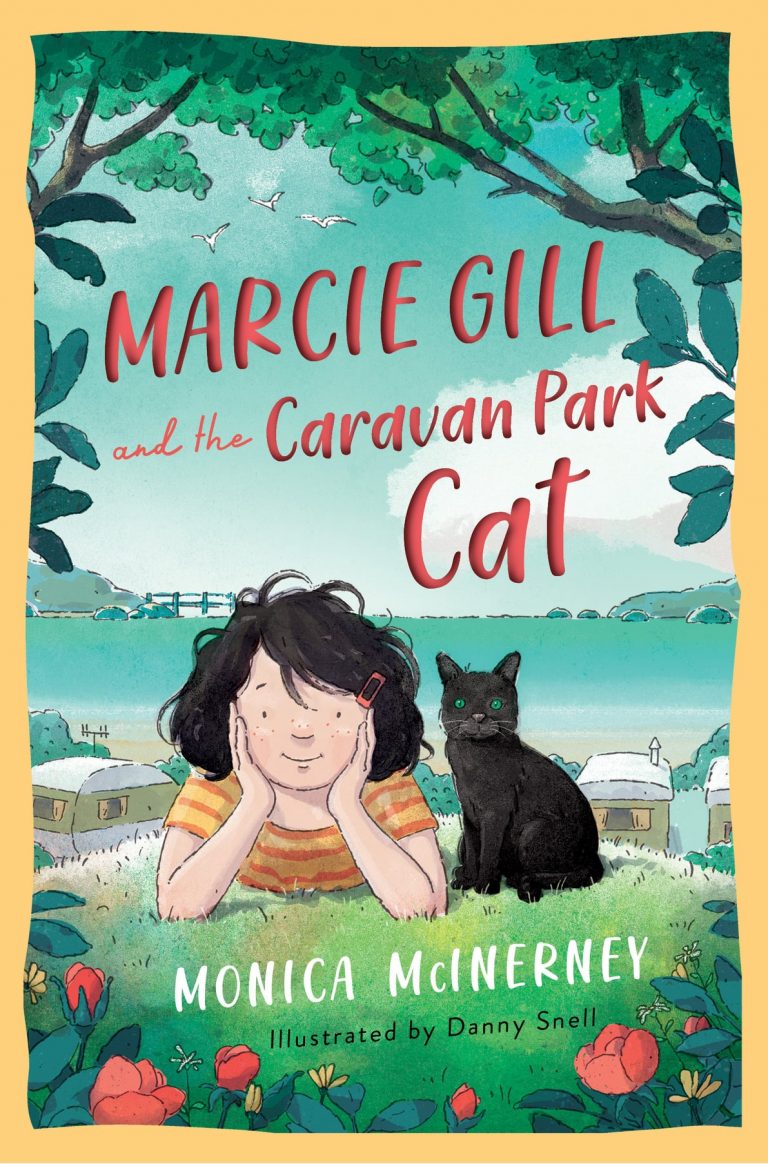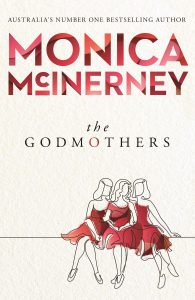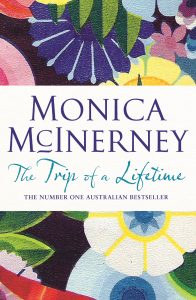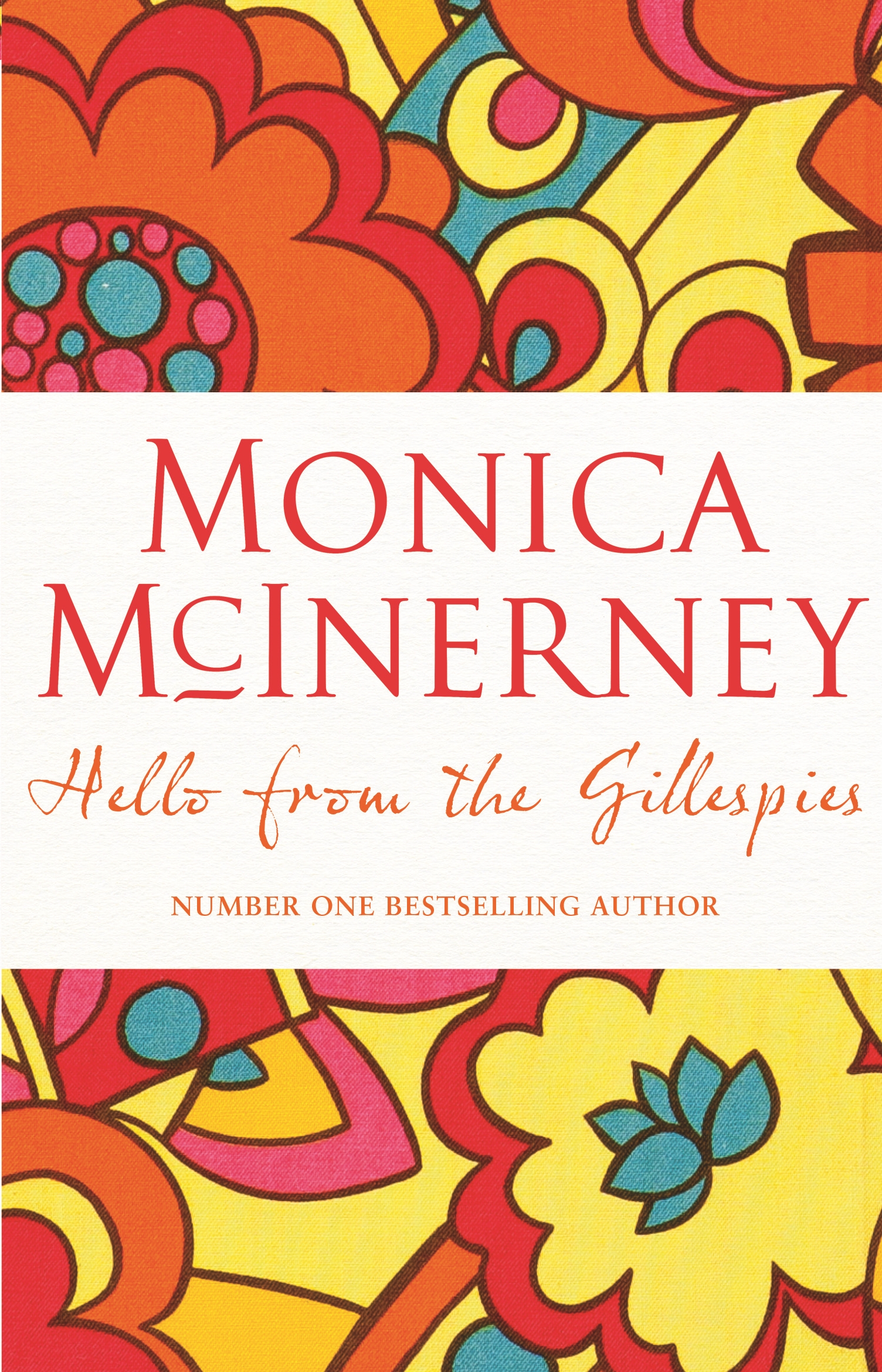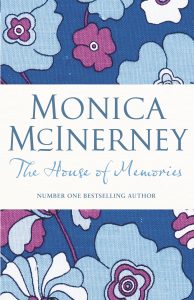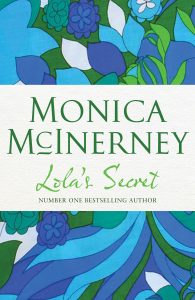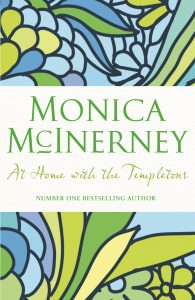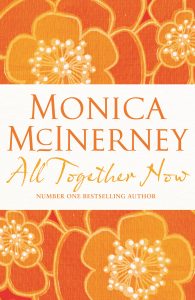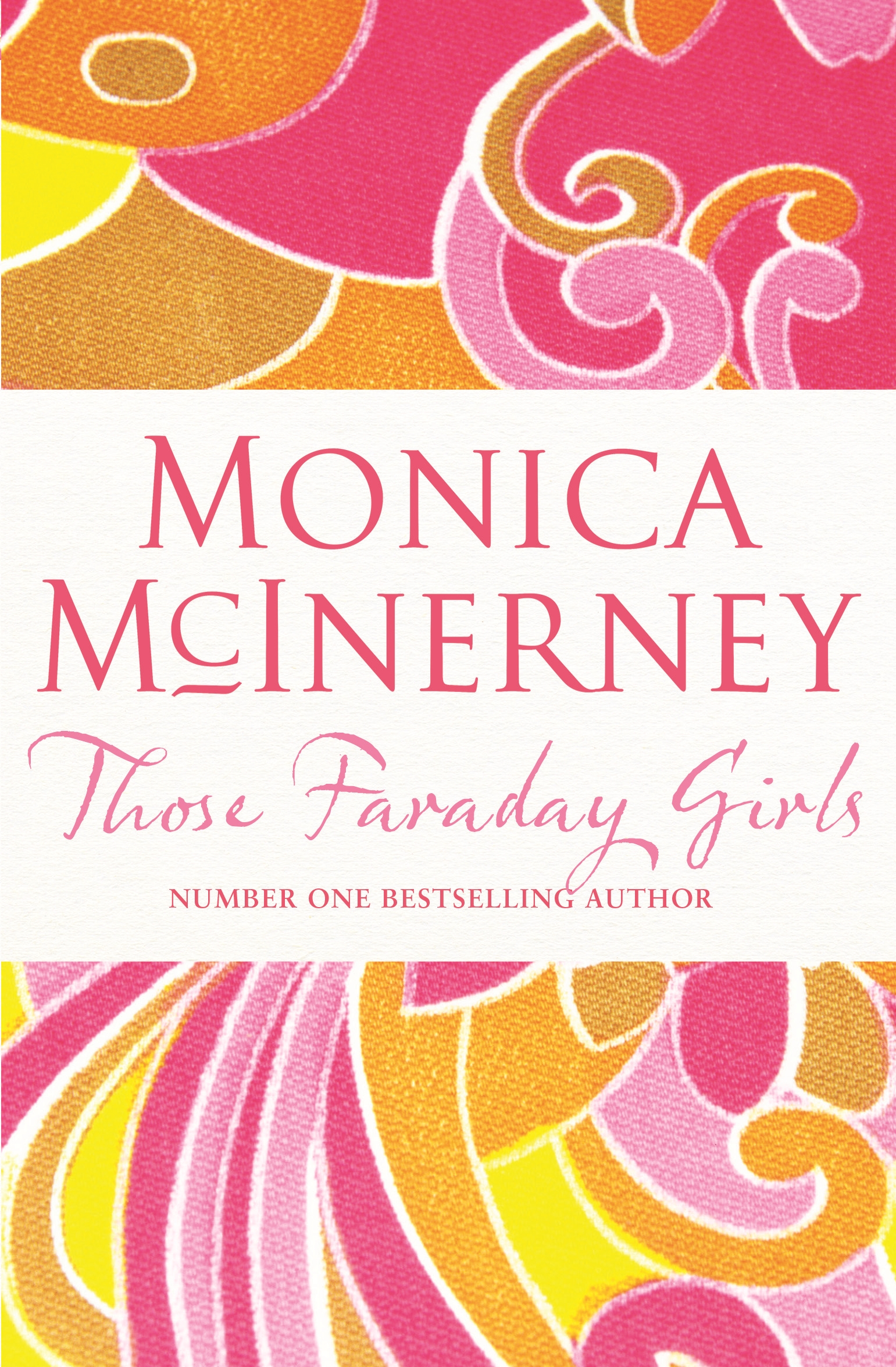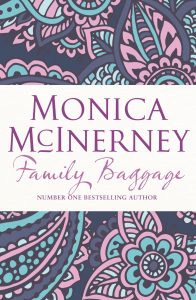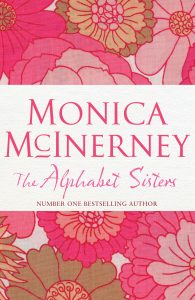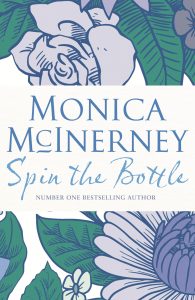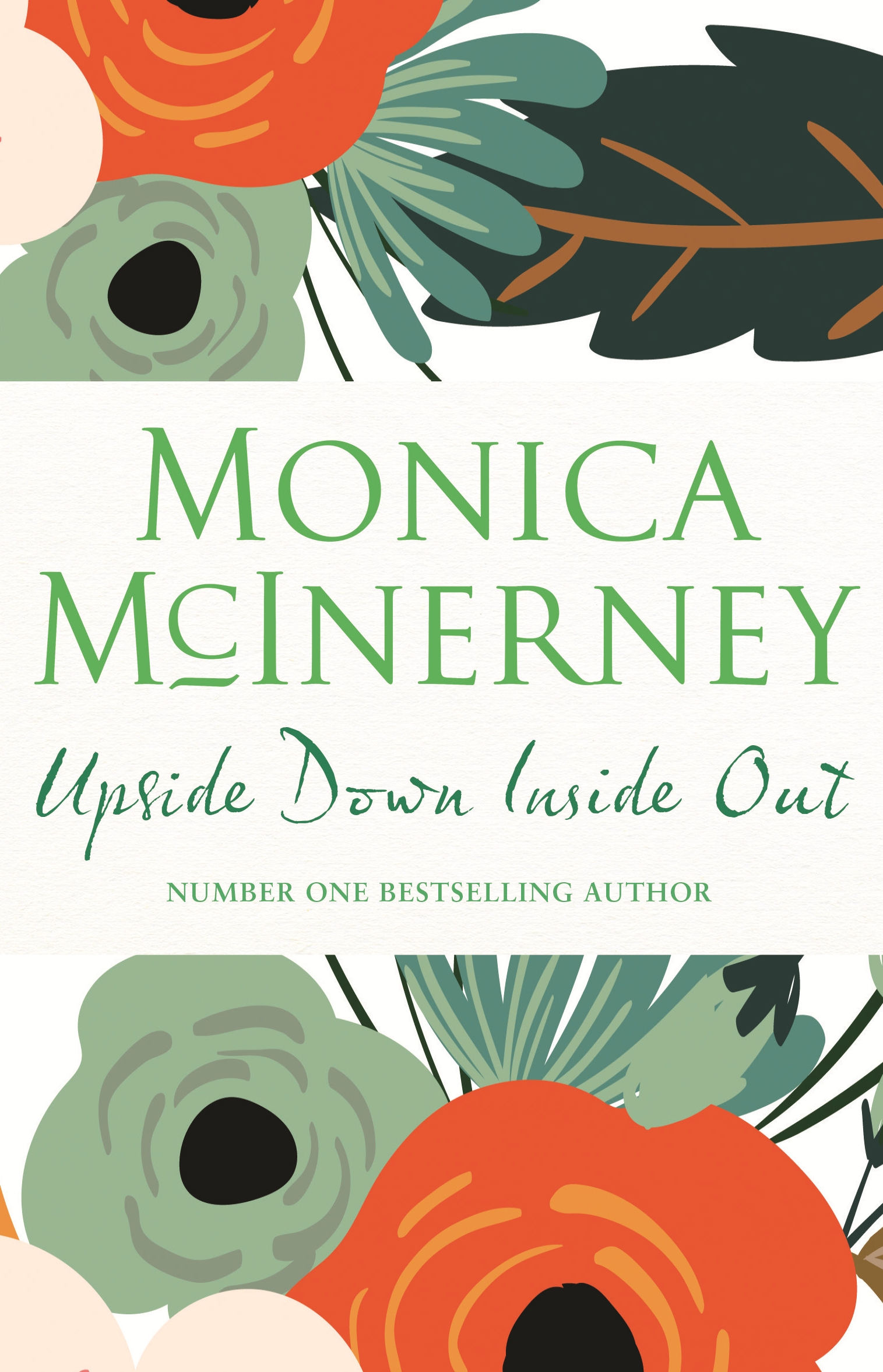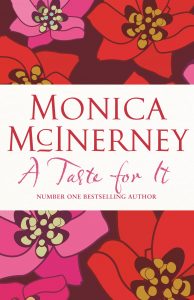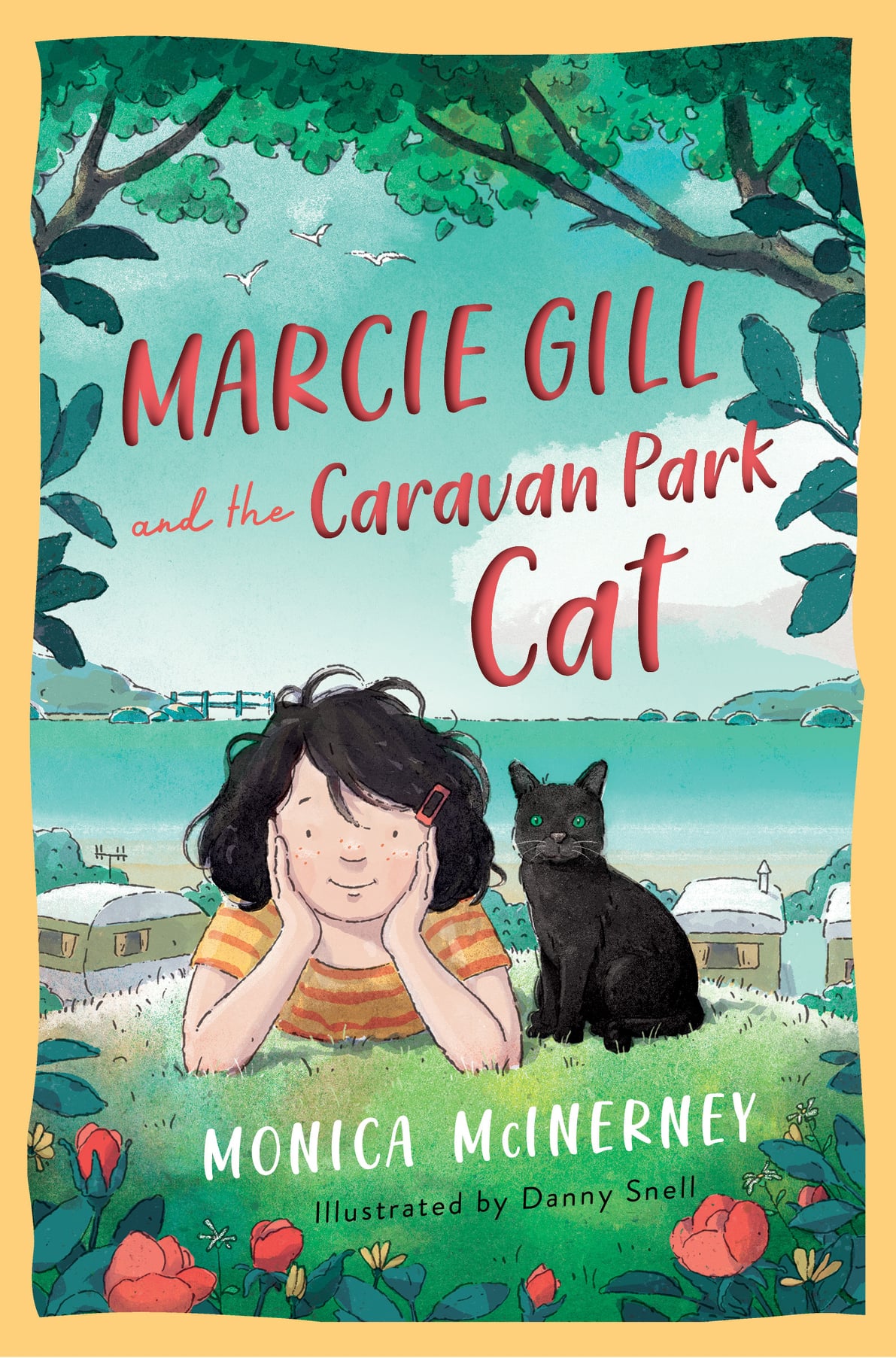The Expatriate Life
I think it’s time for a new word to describe someone living in another country. Expatriate – defined as out of one’s country – doesn’t cover it any more. The word speaks to me of isolation, separation and distance, yet the modern-day other-country-dweller can shift easily – electronically, physically and culturally – between their countries of choice.
For the past twenty years, I’ve moved back and forth from Ireland to Australia with my Irish husband. Last week, I ate Vegemite on toast for breakfast, read about the Pope’s visit to Sydney, bought a bottle of Margaret River wine at my local supermarket, watched Summer Heights High on TV and cooked a Chinese meal using a Kylie Kwong cookbook while I played The Audreys CD. I also toured the Jameson whiskey distillery, listened to a traditional Irish music session, watched the Leinster hurling final at Croke Park and had a pint in a hotel owned by U2. All of this took place within a mile of my innercity Dublin home. Life based in one country no longer means leaving the other behind.
It was different when I first moved to Ireland as a 25-year-old newly-wed. I felt like I’d gone back in time. Ireland in the early 1990s was deep in depression, its people emigrating, unemployment and interest rates at record highs. There was no Internet, no cheap phone calls, no texting, no on-line newspapers. There were very few Australians living here. My accent was commented on constantly. If I’d been given a bottle of Guinness every time I was told about someone’s brother/sister/niece/nephew/aunt/uncle living in Brisbane/Melbourne/Sydney, I could have opened my own Irish bar. I constantly felt foreign. Ireland felt even more foreign. I missed cheap restaurants, warm nights, an outdoor lifestyle. I was self-conscious of my accent, and developed a (bad) Irish accent in record time. I didn’t want to stand out yet I couldn’t fit in. In a memorable exchange with my husband I declared that everything in Ireland looked like it had been dipped in grey sludge.
I wrote long letters to my family and friends, and craved them in return. My mother kept every one I’d written to her, and returned them to me in a bundle recently. They were better than diaries, crammed with first impressions, highlights and lowlights.
Homesickness on my part called us back to Australia after a four-year stint in Ireland. Several years later, it was back to Ireland. Back and forth we’ve gone. When we’re based in Australia, we have annual trips back to Ireland, and vice versa. We’ve become very good at not having much furniture. Usually only our books and curiously, our spices, make the trip across the seas each time we move.
Australia has a constancy for me. I always feel at ease as soon as I arrive. I feel stronger, healthier, even taller, in that clear light and under that big sky. Ireland feels different each time. The Celtic Tiger arrived while we weren’t looking, producing a boom economy and rapid changes. The skies filled with cranes, the airports and ferry ports with immigrants instead of emigrants. The country seemed awash with money, shifting into fast-forward mode, new restaurants, apartment complexes, bars. There were more jobs than people to fill them, and in a space of a few years, Ireland turned multicultural, welcoming workers from Poland, Russia, China, Africa. Dublin became the new London for many travelling Australians and New Zealanders.
Contrary to the last, I was unsettled by the new Ireland. It seemed to be changing too quickly. As much as I’d complained about the hardships of a depressed country, it had made life here different. I didn’t feel out-of-place or foreign any more. I felt as comfortable and as at home in Ireland as I did in Australia.
It wasn’t just the boom at work. Other factors in my settling-in were at play – my age, the years spent here, a growing circle of close friends. But the main reason I’m at home here is technology. I don’t feel foreign here when I can start each day reading Australian newspapers on-line. I can talk to my friends and family via Skype, and see them at the same time. I can watch videos or see photos of family gatherings on the other side of the world seconds after they’ve happened. I can ask my sisters’ advice about clothes or books or jewellery via photos sent on my mobile phone. I can live in Ireland and yet feel like I’m in Australia at the same time.
Technology doesn’t change everything, of course. I am still in in-between land when it comes to having a right to talk confidently on social, political or cultural issues. I have the opinions, it’s just my audience sometimes doesn’t feel I have a right to express them. In Ireland, it’s because I’m not from here. In Australia, it’s because I don’t live there. Perhaps I should pick a halfway place to live – Singapore? – find myself a soapbox and become a noisy commentator on all available issues.
My expat experience is different than others, I know. Ireland and Australia and their people share many traits: a ready sense of humour, a healthy disrespect for authority, a laidback approach to work, the links – wanted or not – with Britain. There is constant traffic between the two countries. A year in Australia has become a rite of passage for young Irish people. Thousands of Australians visit Ireland each year in search of family heritage, mystical landscapes or U2 landmarks. We’re related in an historic way. We get each other. I have friends from other countries living here who don’t have it so easy. An English friend who has lived in Dublin for more than 10 years, and is soon to take out Irish citizenship, says her accent still marks her out. She never speaks on political issues, too aware of the baggage England and the English have here. Even a friend from Northern Ireland finds life in Dublin tricky at times, that unspoken political divide the elephant in the room during political arguments.
I moved because I married an Irishman, but I’ve stayed because I love it here: the distinct seasons, the people, the quirks of everyday life. As the Irish writer Oliver St John Gogarty once remarked, Ireland is a country where the inevitable never happens, but the unexpected often does. I hold dual nationality, but I’m not Irish and never will be. I’ve given up trying to speak in an Irish accent. Two weeks back home with my Australian family knocked it out of me. If anything, I sound more Australian now. I heard myself say strewth last week. I can only blame the fact I’d recently watched Kenny on DVD.
Now the talk in Ireland is of recession. Gloom lies ahead. The building work is stopping. Belts are being tightened. Tough times are ahead, we’re being told, as a country that’s had a taste of prosperity returns to sober times again. Elements of the ‘old’ Ireland are returning – more chat, less haste. In a curious way, I’m looking forward to it. I don’t believe it’s a matter of going backwards, for the Irish people or for blow-ins like myself. It’s going forward in a different, more cautious way. Once again, I’ll need to adapt to fit in to my adopted country. Perhaps that’s it. I’m not an expatriate any more, I’m a chameleon.
(Published in the Weekend Australian Magazine, 2008)
(Copyright Monica McInerney 2014)
